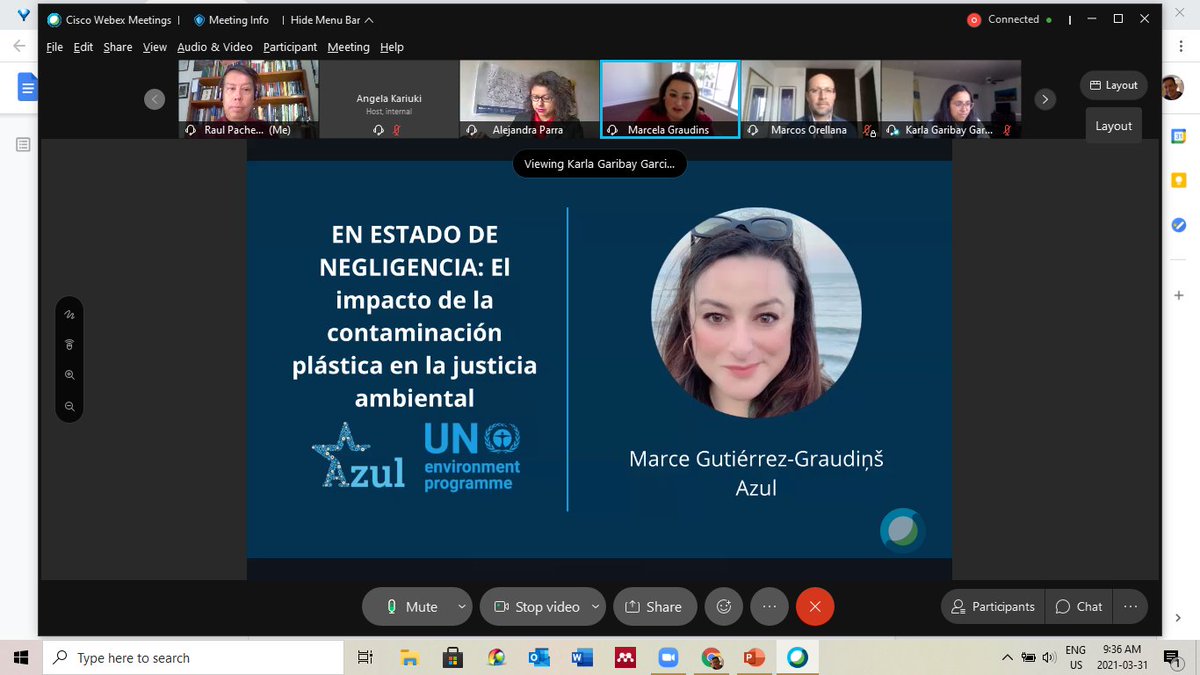
I am shocked at the many responses that @annehelen got to her query on the cult of hydration and personal water bottles.
Most of the work on the social science of bottled water focuses on the post-Jane Fonda, "BW is good for hydration" paradigm journals.sagepub.com/doi/abs/10.117…
Most of the work on the social science of bottled water focuses on the post-Jane Fonda, "BW is good for hydration" paradigm journals.sagepub.com/doi/abs/10.117…
https://twitter.com/josephenderson/status/1383496256593358856
One of the core reasons why people drink bottled water is to hydrate (Wilk 2006, Race 2012) as a personal choice, but also as a response to poor networked, piped infrastructure (Pacheco-Vega 2019, Prasetiawan et al 2017, Brewis et al 2021).
But personal bottles? I don't know.
But personal bottles? I don't know.
I don't think that there is "an obsession with personal water bottles" (and if there is, there are definitely elements of class, status and prestige).
I DO think that personal-use bottles for refilling play an important role in shifting patterns of water consumption AWAY from BW
I DO think that personal-use bottles for refilling play an important role in shifting patterns of water consumption AWAY from BW
But personal, refillable bottles are 100% dependent on proper infrastructure for refilling, which may or may not be available across urban contexts.
Just my 2 cents. (some of my thoughts on this are available here - mdpi.com/2073-4441/11/4…)
Just my 2 cents. (some of my thoughts on this are available here - mdpi.com/2073-4441/11/4…)
• • •
Missing some Tweet in this thread? You can try to
force a refresh












